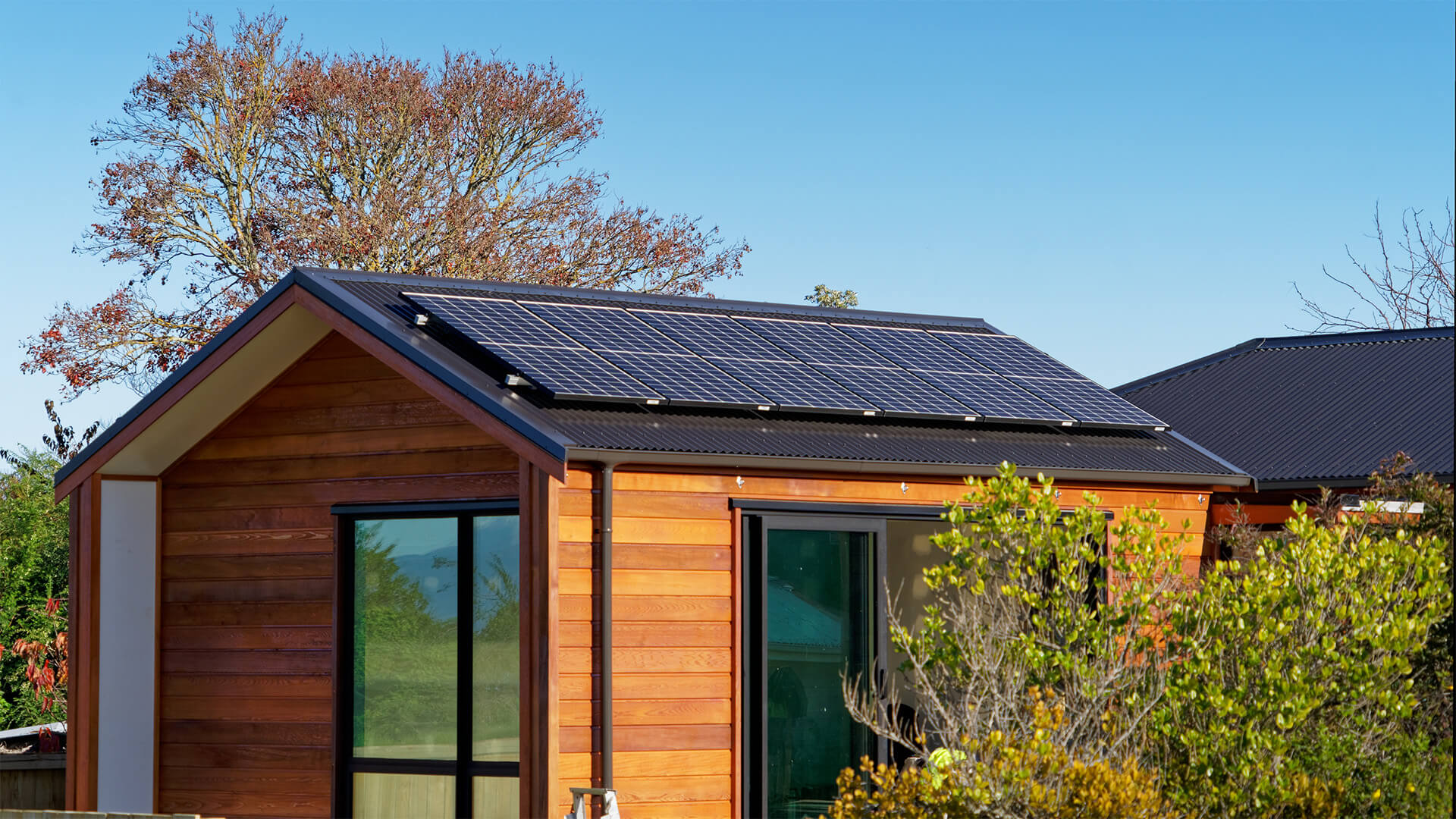Living off-grid is perfect for people who want to escape the hustle and bustle of towns and cities. On top of that, it’s also providing a great to opportunity to become closer with nature as well as a more sustainable lifestyle.
To be able to live comfortably off-grid, you need to consider more than just the land and the roof over your head. With Flogas, we will discuss what off-grid essentials you’ll need to live your dream life away from the city.
How to stay cosy and reduce your carbon footprint
Wherever you live, we all want to our homes to be as cosy and warm as we can, so you’ll need to have access to an efficient and reliable source of heating. Off-grid gas comes in the form of liquefied petroleum gas, otherwise known as LPG, and is available in either a bulk tank or gas bottles.
Rather than tradition heating oil, LPG produces 20% less carbon. So, if your off-grid home is currently using heating oil, an oil to gas conversion means you’ll be reducing your carbon footprint in the process. Here are two ways you can use LPG and warm your off-grid home.
Gas Fires
If you have a gas fire than it can become a more effective than a centralised heating system is utilises LPG to heat your off-grid home because they’re better suited to warming one room at a time. So, you’ll only be heating the places you need most. This means you’ll be keeping warm all-year round whilst reducing your carbon footprint – and who doesn’t want that?
Hot water and cooking
Off-grid living can’t be comfortable without warm water. After all, you’re living away from cities and towns, not camping in the Great British countryside. LPG will reliably provide your home with hot water and the ability to cook your favourite meals.
Solar
Solar panels create electricity by harnessing the power of the sun. This is a simple way to create sustainable electricity in your off-grid home. All you’ll need to do is position the panels so that they get a good amount of sunlight, and they’ll do the rest. Although, you should compensate for cloudy days and have an alternative in place as a back-up, just in case.
Sustainable sources of electricity
There are some off-grid areas that aren’t connected to a main grid. If you’re planning on binge-watching a new Netflix series or are eager to follow your football team on television, you will have to consider other sources of power. Here are some sustainable options to choose from.
Wind Power
Wind power can be utilised for a sustainable source of energy. It’s a natural resource to power your home. Setting up wind turbines can be cheaper than buying solar panels, so it might be easier for people looking to power their off-grid home on a budget. However, it can be less reliable than solar, and the winds where you live might not be strong enough to generate all of the electricity you’ll need.
Sustainable waste management
Waste disposal may be the last thing you want to think about, but if you’re living off-grid you’ll need to implement sustainable waste management plan. Poor disposal of waste can lead to a number of environmental issues, from an accumulation of methane gas to polluting a water source. To avoid this, you can think ahead and install environmentally friendly waste disposal systems, such as a septic tank.
These points are just some of the things you need to think before moving off-grid. Once you’ve considered these off-grid essentials, you may be ready to start your sustainable living adventure. Where will you settle?































